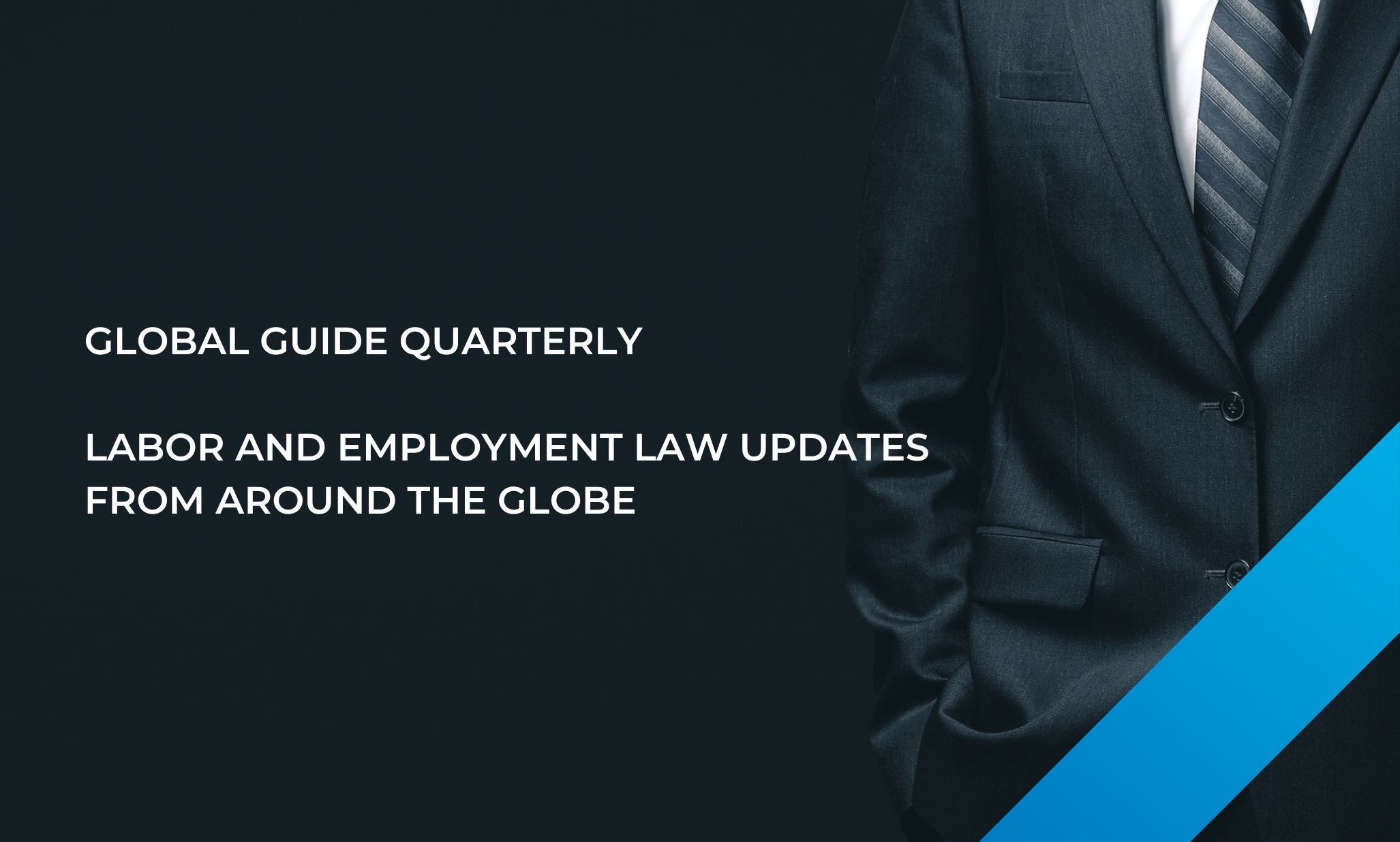

On October 4, 2019, the Indonesian National Police chief, Tito Karnavian, issued Head of Indonesian National Police Regulation No. 6 of 2019 regarding Criminal Investigation ("Perkapolri 6/2019"), which essentially updates how the police are expected to conduct criminal investigations.
Among the many updates contained in Perkapolri 6/2019 is the introduction of "restorative justice" as a means to settle criminal cases.
Although restorative justice is not a new principle in the Indonesian justice system it was previously only really regulated in relation to the child criminal justice system, by virtue of Law No. 11 of 2012 regarding Child Criminal Justice System (July 30, 2012) ("Child Criminal Justice System Law"). With the enactment of Perkapolri 6/2019, it appears that the Indonesian National Police aim to broaden the application of restorative justice to criminal cases.
Concept of Restorative Justice
Howard Zehr, an American criminologist considered to be the pioneer of the modern concept of restorative justice, defines the concept as a process to involve, to the extent possible, those who have a stake in a specific offense to collectively identify and address harms, needs and obligations in order to heal and put things as right as possible.
The criminal justice system often leaves those who find themselves inside it dissatisfied and frustrated, particularly victims, as it focuses solely on making sure perpetrators receive the penalty as provided by law. The concept of restorative justice gained popularity with the growing acknowledgment of the criminal justice system's limits and failures. Victims often feel that justice does not adequately meet their needs. This results in part from the legal definition of a crime, which does not include victims, as an act against the state. Hence, the state takes the place of the victim in a criminal proceeding.
Restorative justice focuses on the idea that victims' needs should be addressed, perpetrators should be encouraged to take responsibility, and those affected by an offense should be involved in the process. Restorative justice expands the circle of stakeholders in a criminal offense beyond the government and the perpetrator to include victims and community members.
Restorative justice is not primarily about forgiveness or reconciliation. Some victims and victim advocates react negatively to restorative justice because they have the impression that the goal of such programs is to encourage or even coerce them to forgive or reconcile with the perpetrator. Indeed, some degree of forgiveness or even reconciliation does occur much more frequently in the implementation of restorative justice, but this is a choice that is entirely up to the participants. There should be no pressure on victims to forgive or reconcile with perpetrators.
The table below provides a better picture of the distinctions between restorative and retributive justice, as quoted from The Little Book of Restorative Justice by Mr. Zehr.
| Retributive Justice |
Restorative Justice |
| - Crime is an act against the law and the state. | - Crime is an act against people and obligations. |
| - Criminal acts create guilt. | - Criminal acts create guilt. |
| - Justice requires the state to determine blame
(guilt) and impose pain (punishment). |
- Justice involves victims, perpetrators, and community
members in an effort to put things right. |
| - Central focus: perpetrators getting what
they deserve. |
- Central focus: victim needs and
perpetrator's responsibility for repairing harm. |
Restorative Justice in Perkapolri 6/2019
The concept of restorative justice in Perkapolri 6/2019 is set out in Article 12, which provides that restorative justice may be incorporated into the criminal investigation (penyidikan) process if certain conditions are met. Article 12 of Perkapolri 6/2019 further specifies that there are two kinds of conditions, i.e. material and formal, both of which must be fulfilled.
The material conditions stipulated in Article 12 of Perkapolri 6/2019 include: (i) does not cause public unrest and is not rejected by the public; (ii) does not impact social conflict; and (iii) there is a statement from all parties involved that they do not object to the application of restorative justice and that they waive the right to sue before the law.
In addition to the above material conditions, Article 12 of Perkapolri 6/2019 limits the application of restorative justice as part of the material conditions that must be fulfilled. Such limitations are:
- Limitations related to the perpetrator:
-
- the severity of the violation by the perpetrator is relatively minor, such as intentional violations; and
- the perpetrator has never committed a crime before.
- Limitations related to the phase of the criminal investigation (i.e., the initiation of restorative justice is limited to the following phases of an investigation):
-
- preliminary investigation (penyelidikan); and
- investigation (penyidikan) before the Investigation Commencement Notification Letter (Surat Pemberitahuan Dimulainya Penyidikan or "SPDP") is conveyed to the public prosecutor.
The formal conditions stipulated in Article 12 of Perkapolri 6/2019 include (i) application for settlement from both parties (i.e., reporting party and reported party); (ii) settlement statement letter (Deed of Settlement or Akte van Dading) and dispute resolution of the parties (the reporting party and/or the family of the reporting party, the reported party and/or the family of the reported party, and community representatives) are acknowledged by the investigation supervisor; (iii) additional minutes of examination of the disputing parties after the conflict settlement through restorative justice; (iv) special case expose recommendation that approves the settlement through restorative justice; and (v) the perpetrator does not object to the restorative justice settlement and voluntarily undertakes responsibility and compensation for losses.
Implementation of Restorative Justice Pursuant to Perkapolri 6/2019
Based on our reading of Article 12 of Perkapolri 6/2019, we believe the lack of comprehensive regulation will make it difficult to incorporate restorative justice into criminal investigations in Indonesia.
First, we note that Perkapolri 6/2019 stipulates only "relatively minor" crimes, namely intentional violations (kesengajaan), may be resolved through restorative justice. Perkapolri 6/2019 does not further specify or provide examples of what violations would be considered minor crimes or what is the threshold for minor crimes. Should minor crimes be determined pursuant to the types of criminal acts as set out in the Indonesian Criminal Code? Or are there other thresholds which should be considered in determining which criminal acts may be resolved by way of restorative justice?
Perkapolri 6/2019 is rather vague on such matters, whereas the Child Criminal Justice System Law expressly sets out that restorative justice can only be implemented for criminal offenses that are punishable by imprisonment of less than seven years.
Further, Perkapolri 6/2019 does not specify several key aspects related to implementation, including the procedures, timeline and even the party authorized to initiate restorative justice.
We can only assume from the formal conditions set out in Article 12 of Perkapolri 6/2019 that the restorative justice mechanism would likely be performed in the following sequence:
- the disputing parties (i.e., reporting party and reported party) negotiate a settlement and enter into a settlement statement letter (Deed of Settlement or Akte van Dading);
- the disputing parties submit the application to the police for the investigation to be resolved;
- additional minutes of examination are prepared by the police; and
- a special case expose is convened to review the settlement application letter. If approved, the investigation and criminal act shall be deemed to have been resolved through restorative justice.
Perkapolri 6/2019 does not specify the rights, obligations and roles of the investigator throughout the above process. Looking at examples from abroad, the police during the restorative justice process usually play an active part in mediating and/or conferencing the discussions between the reporting and the reported party regarding the appropriate compensation for the damages caused. During this process, the police actively facilitate the needs of the disputing parties for them to reach an agreeable settlement for the incurred damages.
Based on the formal conditions set out in Article 12 of Perkapolri 6/2019, it seems that the investigator would only play an administrative role in registering the settlement that the disputing parties have reached outside of the court, and later, during the special case expose, determine whether it is appropriate for the criminal act to be settled through restorative justice.
Conclusion
Although there is still a lack of clarity around some of the provisions on restorative justice in Perkapolri 6/2019, the adoption of the concept itself by the criminal investigation system is a breakthrough that signals the continued development of the Indonesian criminal justice system.
In theory, the shift from retributive justice to restorative justice would provide a more just and equitable outcome for all the parties involved (i.e., victim, perpetrator, community). In addition, the implementation of restorative justice has the potential to reduce the number of criminal offenses being brought to trial, which could positively benefit the Indonesian criminal court system in general, as case overload is the most common factor directly contributing to lengthy court proceedings.
This publication is intended for informational purposes only and does not constitute legal advice. Any reliance on the material contained herein is at the user's own risk. You should contact a lawyer in your jurisdiction if you require legal advice. All SSEK publications are copyrighted and may not be reproduced without the express written consent of SSEK.









